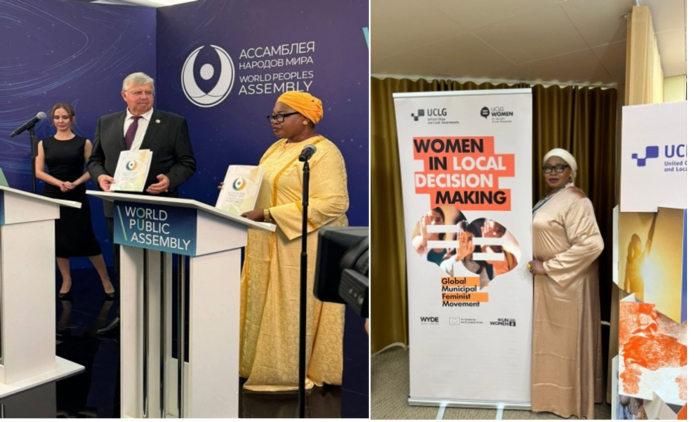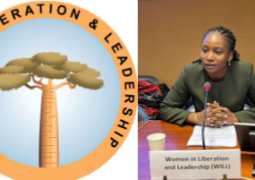
Addressing an audience of global leaders, policymakers, and visionaries, Mayor Lowe expressed profound gratitude to the Secretary-General and the Chairman of the Assembly for their invitation and for championing the theme: “Africa’s Strategic Vision in the Evolving Global Architecture.” She hailed the focus as not only timely but essential, emphasising that Africa must be a central player in shaping the future of global governance.
“The world is witnessing a definitive shift towards a multi-polar order,” Mayor Lowe declared. “In this new global restructuring, Africa must not be a passive observer. Our position is one of active, strategic engagement and leadership.”
Her speech called for a reimagined multilateral system, one that is inclusive, equitable, and reflective of today’s realities rather than outdated power dynamics. She stressed the urgency of reforming global institutions to better represent the voices and interests of African nations and cities.
In a landmark move to solidify this commitment, Mayor Lowe signed a memorandum of understanding on behalf of REFELA (Network of Locally Elected Women of Africa) with The World Public Assembly. The agreement aims to foster deeper collaboration and amplify the role of African cities in global decision-making processes.
This moment not only underscores Mayor Lowe’s dedication to progressive diplomacy but also highlights Banjul’s emergence as a beacon of leadership in Africa’s urban transformation.
As she continues to champion the continent’s strategic interests, Mayor Lowe’s presence on the world stage is a testament to The Gambia’s growing influence in international affairs.
In a related development, Mayor Rohey Malick Lowe, also attended the high-level session titled: “Women’s Political Participation and the Future of Democracy,” currently underway in Stockholm, Sweden, and declared the country “I am proud to call my second home, renowned for its enduring commitment to peace, equality, and care.”
This pivotal session marks the political opening of the conference and reaffirms the strategic role of local and regional governments, along with their associations, in shaping the future of democratic renewal through feminist municipalism.
The discussions compellingly underscored how integrating care, equality, public participation, and safety is essential to institutional transformation. These principles elevate local feminist leaders as indispensable actors in global governance dialogues.
“I extend my sincere appreciation to the leadership of the Swedish Local Government, under the guidance of Carolina Sevenson for championing this critical advocacy.”





